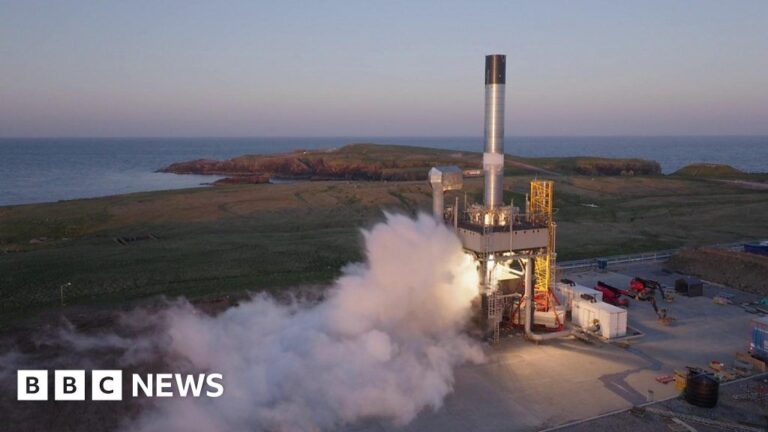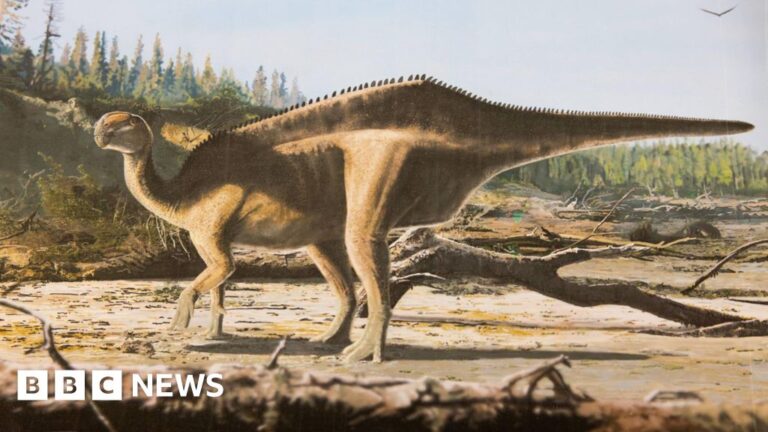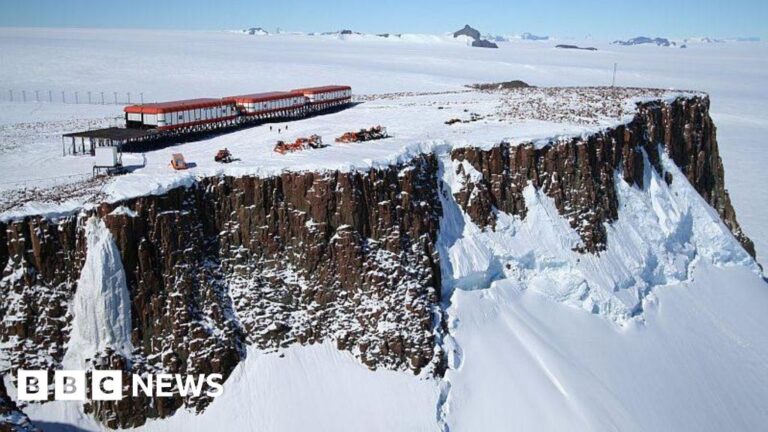Here is the result in plain text:
In a gleaming laboratory in Edinburgh, robotic machines whirr and mix. The final product that they are creating will be a pine-smelling chemical that can be used as an ingredient in perfumes. But the starting point is very different: a brown, gloopy, fat mixture, recently fished out from below ground – fatbergs.
Fatbergs are the foul phenomenon found lurking in (and blocking up) sewers. The development of the technology used to perform this apparent alchemy is being described by some as a new industrial revolution.
This is the fast-moving field of bioengineering. The good news is that Britain is currently strong in the science compared with other countries.
It is potentially great news for the environment too because it can recycle waste and make things more sustainably. Plus the government is keen because it may mean new industries and new jobs.
But the British lead has slipped away recently because of a lack of investment, poor regulation and the wrong policies. The question now is, can it be recovered? And if it can, at what cost? Because some experts are concerned that certain potential risks are being overlooked amid the enthusiasm to reap the benefits – and to win back the lead.
Prof Stephen Wallace from the University of Edinburgh is among those turning the fatbergs into perfumes. “It’s a crazy idea,” he admits to me, “but it works.” Fatbergs are accumulated lumps of fat from cooking oils, toilet and other food waste that people put down their drains. Prof Wallace gets his from a company that specialises in fishing them out of sewers and turning them into biofuels. They arrive at the lab in a tube.
Many applications of the technology involve creating entirely new organisms which are contained inside large vats in the production process. Even if they were to escape, they are unlikely to survive as they have been engineered to thrive in the very specific, artificial conditions they were designed for.
But some experts are concerned about the creation of “superbugs” that could spread disease or create environmental problems by disrupting delicately balanced ecosystems.
Writing in the journal Science, 38 leading scientists recently expressed concern about the creation of “mirror life”, which would be artificially created organisms whose DNA is the mirror image of their naturally occurring counterparts. They said that these mirror organisms could pose serious risks and rip through the immune systems of plants and animals.
A group of 38 leading scientists recently expressed concern about the creation of “mirror life”, which would be artificially created organisms whose DNA is the mirror image of their naturally occurring counterparts. They said that these mirror organisms could pose serious risks and rip through the immune systems of plants and animals.
Source link




